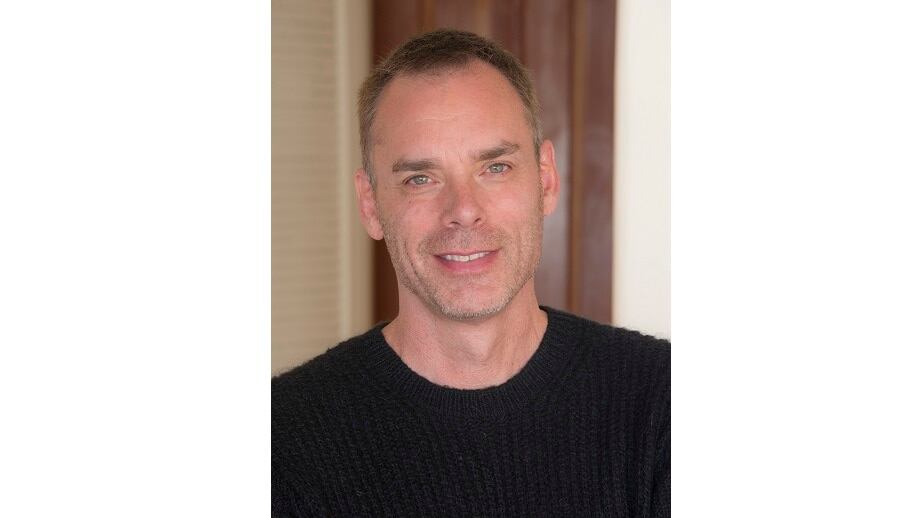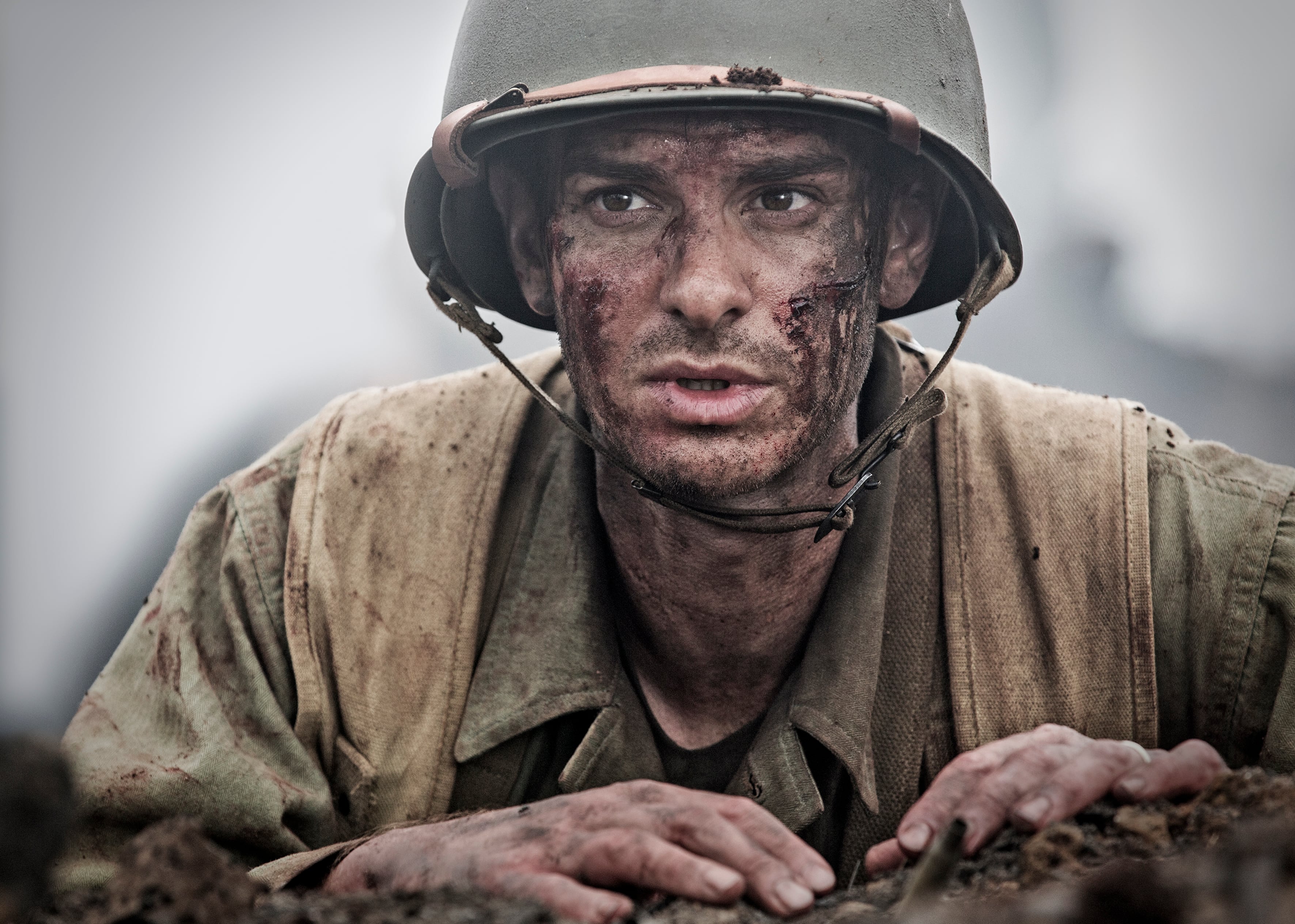Before the story of Pfc. Desmond Doss' heroism on Hacksaw Ridge became the stuff of Hollywood, Doss himself appeared on camera to tell his tale … and drive a filmmaker crazy.
"The first week I interviewed Desmond for the documentary – these weren't just hourlong interviews, they were eight, sometimes as long as 10 hours a day – and so about the fifth day in, I had grown a little exasperated, because Desmond had told his story for decades,
the same way," said Terry Benedict, whose documentary " The Conscientious Objector" came out in 2004. "He knew it by rote. But it was very thin on detail, on the emotional part.
"I got a little testy with him on the fifth day. He was sitting in his chair and I remember he had his jacket on. I remember I grabbed the lapels of his jacket and I was in his face and I was saying, 'Desmond, you are the worst storyteller of your story.' … I looked him in the eyes and I told him, 'I want you to tell the story from your heart, not your head.'
"I'm thinking, 'I just did something I probably shouldn't have done.' In the time it took me to think that, he said, 'OK.' I had the cameraman roll the camera, and he immediately teared up."
Part of a generation famous for keeping war stories to themselves, Doss began opening up about his feelings during a rescue operation on Okinawa in 1945 that would become legend: Braving enemy grenades, bullets and shells in multiple firefights spanning weeks, the
young Army medic saved 75 lives and earned the Medal of Honor.
He did so, as Benedict's title suggests, as a conscientious objector whose faith prohibited him from taking up arms against the enemy. Serving as a medic, the closest he'd come to using a weapon, per his citation, was at the end of his ordeal, when "he bound a rifle stock to his shattered arm as a splint and then crawled 300 yards over rough terrain to the aid station."
The recollections of Doss and others in his unit that made up the 2004 documentary would become a blueprint for "Hacksaw Ridge," the Hollywood retelling of Doss' heroism directed by Mel Gibson and starring Andrew Garfield as the young soldier. Both Gibson and
Garfield are nominated for Academy Awards, two of six categories in which the film is represented – including best picture. The film comes out Feb. 21 on DVD.
Benedict said he's pleased with the recognition, but he's more pleased to have a project that satisfied a more important audience.
"There's only two [men] living now that I know of that were in the documentary, that had shared war experiences with Desmond," Benedict said. "I talked to them, they had gone to see 'Hacksaw,' and they were just so appreciative and happy that Desmond's story is being
told."
THE BIG SCREEN
Benedict met Doss at a church summer camp as a teenager, then again at a series of Medal of Honor reunion events in the 1990s, after Benedict had become active in the entertainment industry.
"Hollywood, I didn't know they'd been after him since 1945, when he got the medal," he said. "He'd always refused because he'd been so concerned about his character being compromised. And he wanted all the glory to go to God – he did not want to be glorified, and that was his biggest concern."

"Hacksaw Ridge" producer Terry Benedict
Photo Credit: Courtesy of Sunshine Sachs
Promising he would "answer to God first, you second, and everybody else can get in line," Benedict convinced Doss to put his story on film, first in the 2004 documentary and, eventually, as a major motion picture. Doss died in 2006; early tries at movie deals fell through before Bill Mechanic, who'd been brought onto the documentary as a producer, brought on Gibson to direct.
Gibson's style suits the subject, said Benedict, who along with Mechanic served as a producer on "Hacksaw Ridge."
"There's sort of a graphic reality to his storytelling," Benedict said. "Our film is a graphic film, but one of the things I've always said is, the role of a medic is all about the horrific, tragic carnage that comes in war. There's not a real sanitary way to tell that story honestly and be
authentic. …
"While there's a lot of tragedy on the battlefield, that's where the heroism comes in. Mel really walked the tightrope, balancing the graphic nature of war with the heroism of Desmond, and the faith that it took Desmond to accomplish what he accomplished."
That faith would confound and anger his fellow service members initially, many of whom didn't understand why he wouldn't take up arms or why he wouldn't train or perform other duties on Saturdays, his faith's day of rest. He would save many of their lives in combat, some of them on a particularly bloody May 5, 1945 – a Saturday.
"Desmond said, 'Jesus said it was right to do good on the Sabbath, and it's right for me to go up on the ridge, because I'm serving,'" Benedict recalled. "That may seem like splitting hairs, but for Desmond, there's a big difference between going to work and serving."
Kevin Lilley is the features editor of Military Times.





